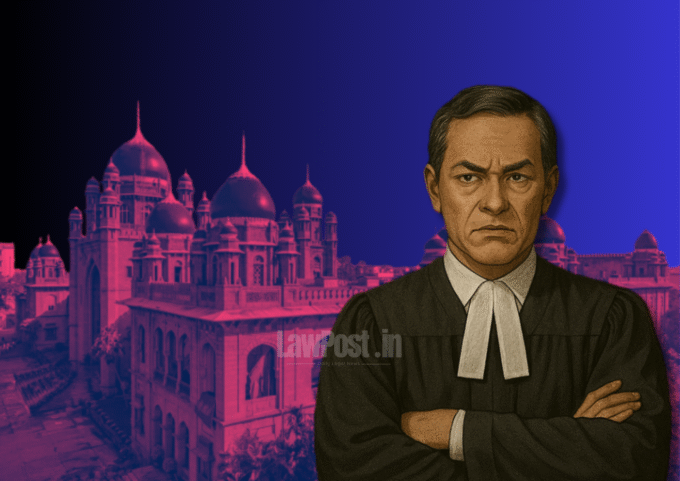The Bombay High Court has dismissed a petition challenging the Civil Services Examination Rules, 2024, which cap the number of attempts for Persons with Benchmark Disabilities (PwBD) in the General, EWS, and OBC categories at nine. The Court ruled that this restriction is not discriminatory, as Scheduled Caste (SC) and Scheduled Tribe (ST) candidates with PwBD status fall under a distinct constitutional classification.
A Division Bench of Justices Bharati Dangre and Ashwin D Bhobe upheld Rule 3 of the Civil Services Examination Rules, rejecting the plea filed by Dharmendra Kumar, a 38-year-old Mumbai resident with 57% multiple disabilities. Kumar, who had exhausted his nine attempts at the Civil Services Examination, argued that limiting attempts for PwBD candidates in the OBC category while allowing unlimited attempts for SC/ST PwBD candidates was discriminatory and violated the principle of equality.
However, the Court ruled that SC/ST and OBC candidates are constitutionally distinct classes and that providing different relaxations to these groups does not constitute arbitrary discrimination.
“Merely because the petitioner belongs to the OBC category in PwBD, he does not deserve the same number of attempts which are available to an SC/ST candidate who coincidentally happens to be a PwBD, as an SC/ST candidate stands on a different footing than an OBC candidate,” the Court stated.
The Court further clarified that reservation for PwBD candidates operates as a horizontal reservation, cutting across all categories (General, SC, ST, and OBC), whereas reservations for SC, ST, and OBC candidates are vertical reservations.
“Rule 3 of the Civil Services Examination Rules, 2024, according to us, does not create any further classification in the PwBD class as PwBD is a horizontal reservation, whereas the reservation for SC/ST and OBC is a vertical reservation,” the Bench observed.
The Union of India and the Union Public Service Commission (UPSC), defending the rule, argued that the distinction was necessary to provide targeted benefits to different social groups. The Court sided with this view, emphasizing that the policy aligns with constitutional principles and aims to ensure equitable opportunities without violating fairness norms.
Relying on a Supreme Court judgment, the Bench reiterated that “Scheduled Caste/Scheduled Tribe is a distinct class from the Other Backward Classes. Since they are two different classes, prescribing different criteria for them does not and cannot be termed as arbitrary.”
The Court concluded that the intent behind the Rights of Persons with Disabilities Act, 2016, is to empower individuals with disabilities by ensuring better opportunities while maintaining the integrity of the reservation system.
With this ruling, the policy of limiting attempts for PwBD candidates in the General, EWS, and OBC categories to nine remains in effect, reaffirming the distinct treatment of SC/ST candidates under the existing framework.
Case: Dharmendra Kumar vs UOI – Available on LAWFYI.IO








